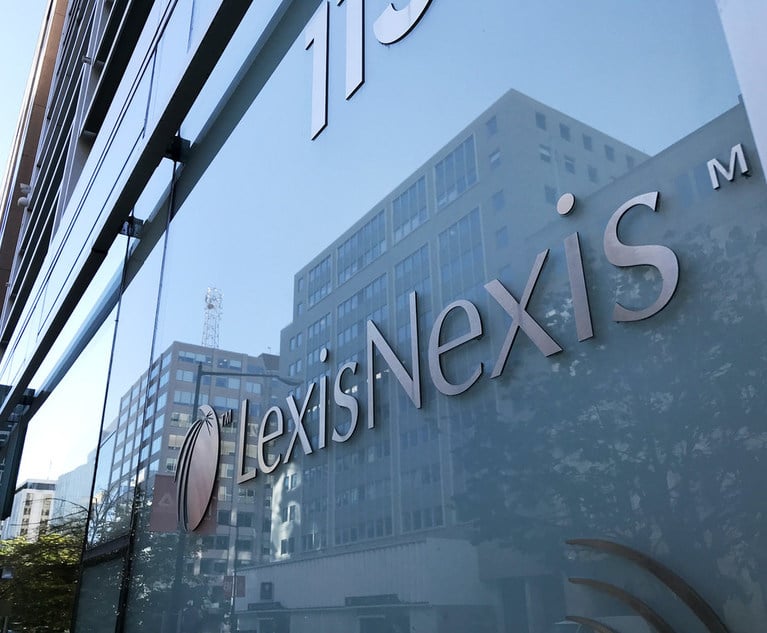



LexisNexis Risk Data Management is facing multiple class action lawsuits alleging privacy violations and retaliation. The first lawsuit, filed by over 18,000 New Jersey law enforcement personnel, claims that LexisNexis responded to their data takedown requests with credit freezes and false identity theft victim reports between December and January. The plaintiffs also allege that LexisNexis sent letters of retribution, warning that reporting identity theft and credit freezes could result in a denial of health, financial, and insurance services. Furthermore, the lawsuit accuses LexisNexis of continuing to share information belonging to the plaintiffs and their family members, in violation of the state's Daniel's Law. The plaintiffs argue that LexisNexis deliberately obstructed their attempts to lift the credit freezes, as part of an unlawful effort to punish and discourage compliance with Daniel's Law [41cff93f].
The second class action lawsuit, filed in the U.S. District Court for the Central District of California, alleges that LexisNexis and parent company RELX Group disclosed personally identifiable information (PII) of millions of Americans without authorization. The lawsuit claims that the companies used this PII to advertise their Lexis Personal Records Products, violating the California Right of Publicity Act and Illinois Right of Publicity Act. The plaintiffs argue that LexisNexis and RELX Group profited from the unauthorized use of PII and seek damages for the privacy violations [44c76328].
In a separate case, E.l.f. Cosmetics Inc. is facing a lawsuit accusing the company of violating consumers' biometric privacy with its virtual makeup try-on tools. The plaintiffs, Ariel Davis, Taylor Davis, and Lacie Davis, alleged in a September 2022 complaint that E.l.f's privacy notice for its virtual makeup try-on tool didn't mention that it captured, collected, or stored biometric data. The judge denied E.l.f. Cosmetics' motion to compel arbitration, allowing claims that the company collected biometric data without consent and a request for heightened damages to proceed [492b4959].
Meanwhile, Ameriprise Financial has filed a lawsuit against LPL Financial, accusing it of misusing confidential client information. Ameriprise alleges that LPL systematically instructs advisers recruited from competitors to bring over confidential client information. The lawsuit cites violations of multiple securities laws and highlights the cutthroat nature of the financial services industry. LPL recently recruited advisers managing $475 million in assets from Ameriprise, and Ameriprise welcomed back a team from LPL with $105 million in assets. The stakes of this legal battle are high as LPL Financial serves a significant network of 23,000 advisers. If Ameriprise's claims hold, it could lead to stricter regulations and compliance measures industry-wide. This legal battle underscores the importance of safeguarding confidential client information and could drive more stringent enforcement of securities laws. Firms may need to bolster their data protection practices in response to global economic shifts and heightened regulatory scrutiny [50492f16].